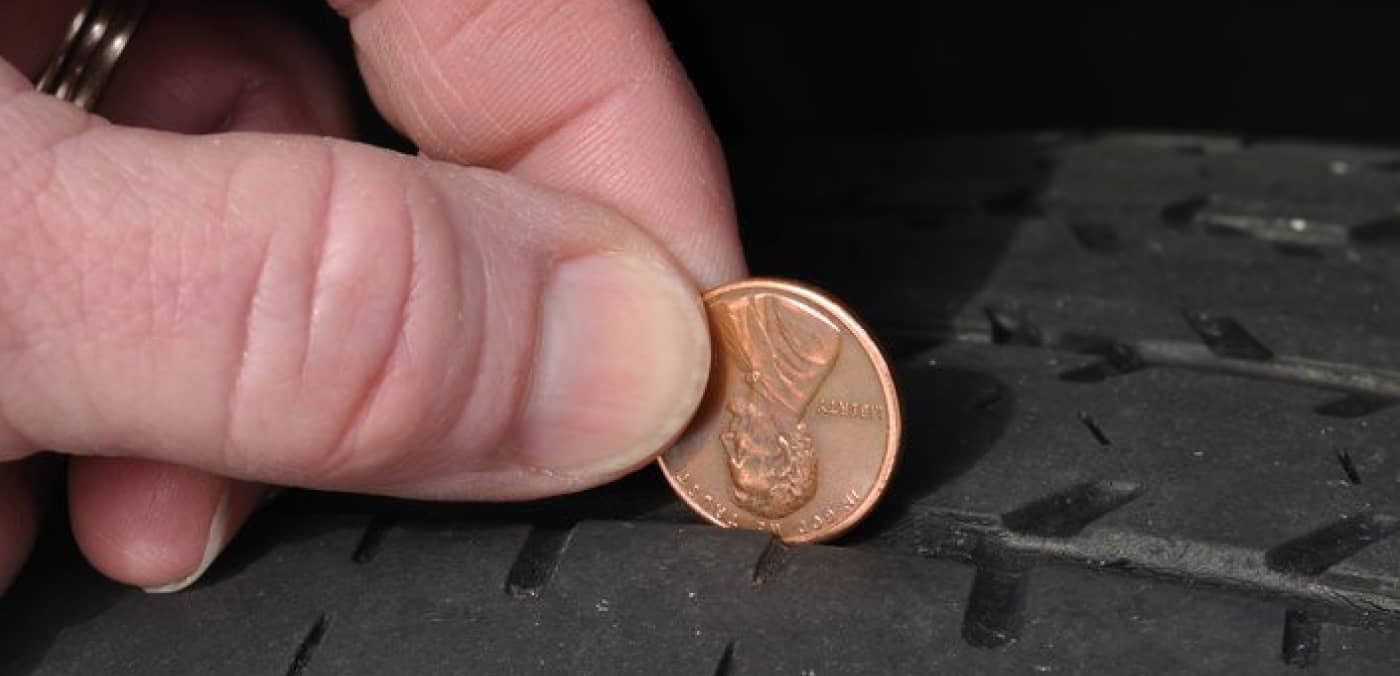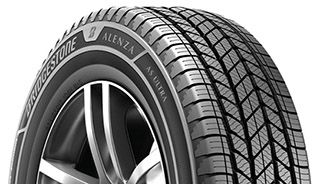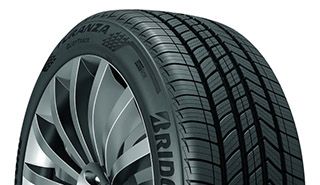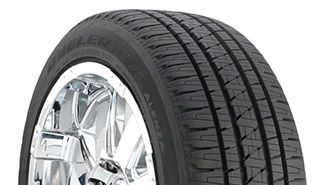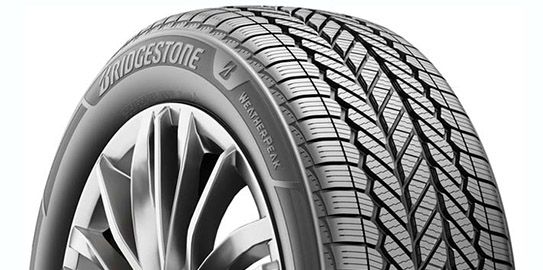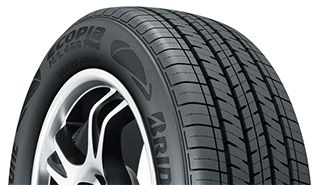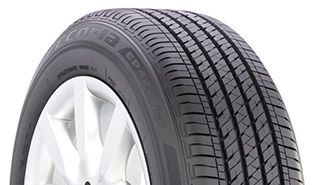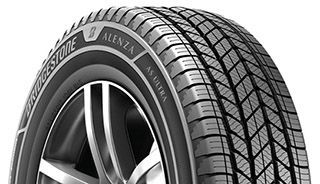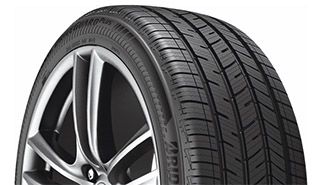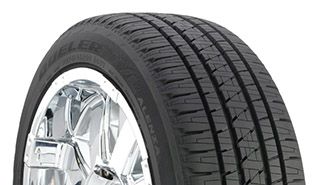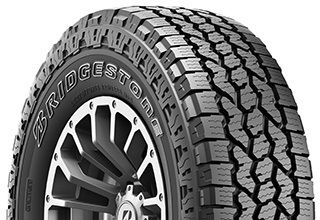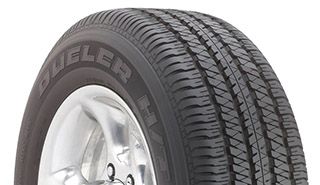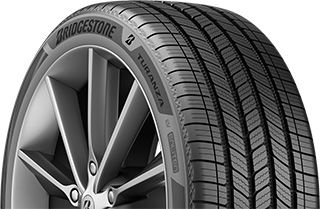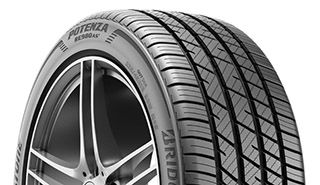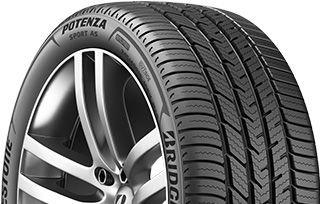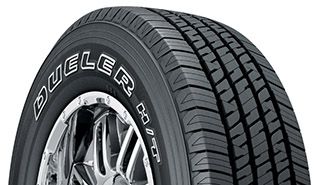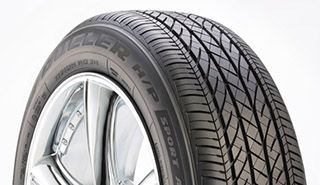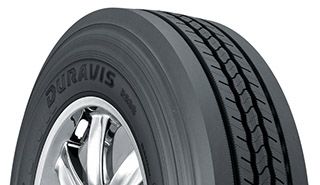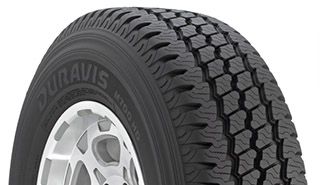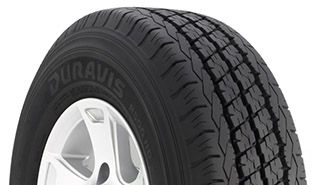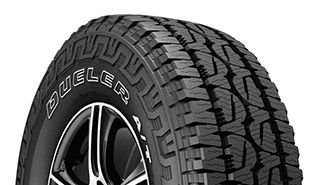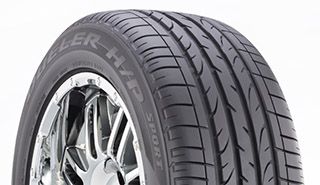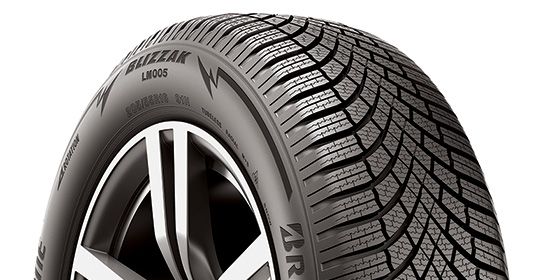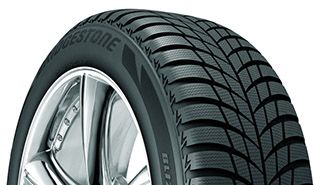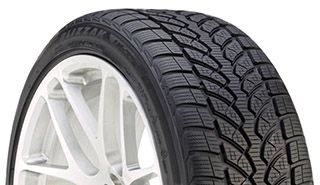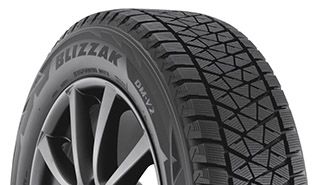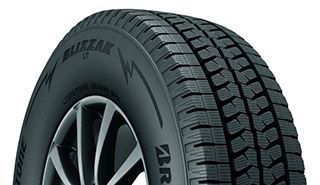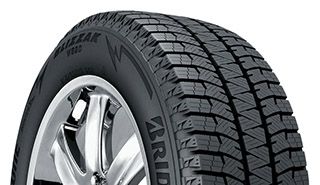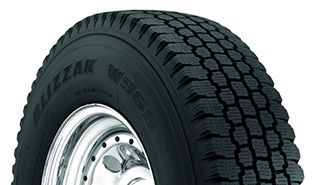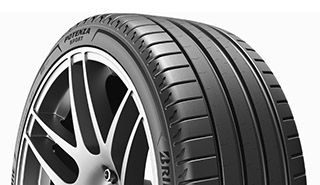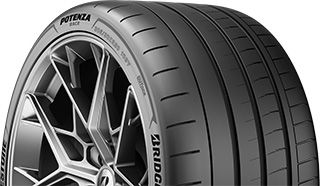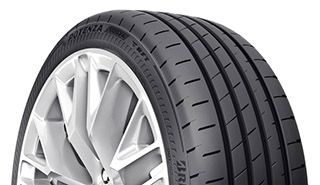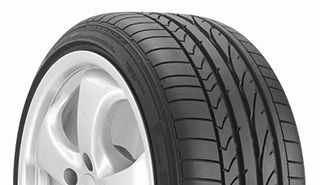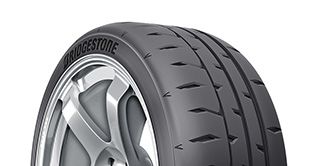THE PENNY TEST
In the United States, tire tread depth is measured in 32nds of an inch. New tires typically come with 10/32” or 11/32” tread depths, and some truck, SUV and winter tires may have deeper tread depths than other models. The U.S. Department of Transportation recommends replacing tires when they reach 2/32”, and many states legally require tires to be replaced at this depth.
The idea of the penny test is to check whether you’ve hit the 2/32” threshold. Here’s how it works:
Place a penny between the tread ribs on your tire. A “rib” refers to the raised portion of tread that spans the circumference of your tire. Tire tread is composed of several ribs.
Turn the penny so that Lincoln’s head points down into the tread.
See if the top of his head disappears between the ribs. If it does, your tread is still above 2/32” , If you can see his entire head, it may be time to replace the tire because your tread is no longer deep enough.
When performing the penny tire test, remember not only to check each tire, but to check various places around each tire. Pay special attention to areas that look the most worn. Even if parts of your tread are deeper than 2/32”, you should still replace the tire when any areas fail the penny test.
Consistent wear around the whole tire is normal, but uneven tread wear could be a sign of improper inflation, wheel misalignment, or a variety of other things. If you see uneven tread wear, you should have a technician inspect your vehicle.
OTHER WAYS TO CHECK TIRE TREAD
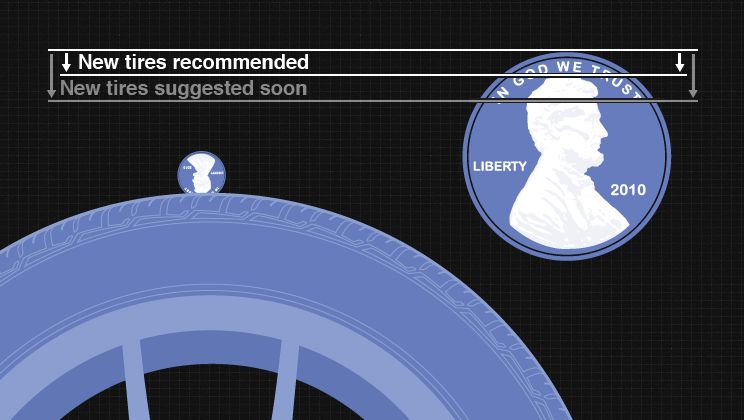
TREAD DEPTH GAUGE
A simple way to check your tire tread depth is by using a tread depth gauge. You can find tire tread depth gauges at your local auto parts store. There are many models available, but an inexpensive simple graduated probe gauge will work just fine. All you have to do is stick the probe into a groove in the tread and press the shoulders of the probe flat against the tread block and read the result. All gauges should measure in both 32nds of an inch and millimeters.
TREAD WEAR INDICATOR BARS
Another indicator of worn out tread already lives in your tires themselves. Every performance, light truck, or medium commercial tire comes equipped with indicator bars (or wear bars) embedded between the tread ribs at 2/32”. They’re there to help you monitor tread depth and make decisions about tire replacement. Just look to see if the tread is flush with the indicator bars. If they are, it’s time to replace the tire.
DON'T WAIT UNTIL IT'S TOO LATE
While the penny tire test does deliver on what it promises – indicating whether tread has reached the legal limit – it may not be the best indicator of whether your tires are safe for the road. Tire performance can diminish significantly before your tread hits 2/32”. Even though the law deems fit for safe driving may not prevent you from hydroplaning or losing control in rainy, slushy conditions. If you think your tires may be close to needing replacement, have them checked out by a licensed mechanic.



